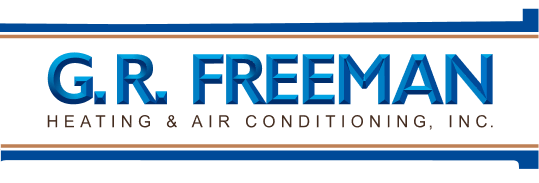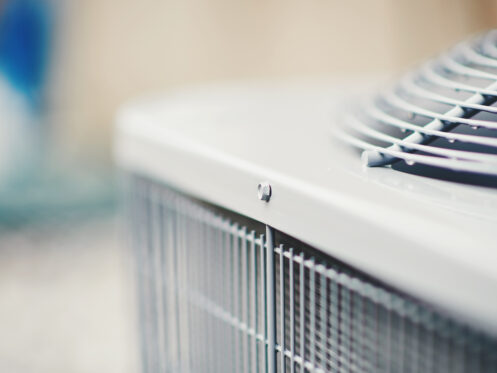Over the last century, the way we heat and cool our homes has changed significantly. Even though technology has come a long way, there are still many new inventions and innovations expected in upcoming years. Within the next few decades, the following heating, ventilation, and air conditioning (HVAC) technologies will change how we condition air and the amount of energy we use.
1. Geothermal Heat Pumps
Geothermal heat pumps can help reduce your energy consumption. This eco-friendly cooling system uses the ground to cool your home. Basically, underground pipes circulate water next to your home. Once the water has cooled, the heat pump brings the water inside to help absorb heat and cool the air. Besides saving energy, this is an eco-friendly technology because it doesn’t require refrigerants to transfer heat.
In addition to cooling homes, geothermal heat can also heat your property. In the winter, the heat pump’s water pipes are warmed by the ground, allowing them to transfer heat to your home’s interior.
The main reason geothermal heat pumps haven’t already taken off is because the upfront installation costs are higher than typical HVAC systems. As more cost-effective installations develop in the future, geothermal heat pumps will become even more popular.
2. Advanced Air Purification
During the 1918 pandemic, people began opening windows to filter the air and reduce contaminants. Engineers built extra large radiators so that rooms could remain warm with the windows open.
Thankfully, air purification technology has come a long way since then. In the last 100 years, we have developed high-efficiency particulate air (HEPA) filters that can filter particles out of the air. Meanwhile, ultraviolet (UV) lights can target volatile organic compounds (VOCs) and bacteria in the air. In the future, these technologies will continue to improve.
At G. R. Freeman Heating & Air Conditioning, Inc., we can do more than help with your air conditioner or heater installation. We can also discuss the best air quality options for your home. From HEPA filters to humidifiers, we can walk you through which devices make the most sense for your needs.
3. Internet of Things (IoT) Integration
The IoT is a connected system that links the internet to your everyday items. Today, sensors can monitor and adjust humidity levels in your home. These systems can change ventilation needs based on your home’s occupancy, so you can have a comfortable, energy-efficient space.
4. Sensors for Repair Issues
Each year, you schedule a maintenance check to get your HVAC system cared for. While these inspections are excellent at diagnosing problems, it’s easier if you can predict problems before they happen. In the future, technology will allow you to monitor your system and predict repairs before they are necessary.
There are already companies working on these types of sensors. These sensors will be able to tell you when there are low refrigerant levels or a broken sump pump. With this kind of predictive maintenance, you can get major issues repaired before they lead to additional problems.
5. HVAC Energy Analysis Apps and Software
If you’re tired of excessively high energy bills, energy analysis apps and software may be able to help. While this software is currently in use in commercial facilities, it will eventually be available in residential homes as well. This type of software can help you track your real-time energy usage and get important insights into your consumption levels. Then, you can use this data to improve the way your home uses energy.
6. Smart Thermostats
Smart thermostats are one of the latest technologies to revolutionize HVAC systems. With this technology, smart sensors can detect the temperature in different rooms and make adjustments. They can also adjust the cooling level in each room so that you don’t have to.
With a smart thermostat, you can program the thermostat for different temperatures during the day. You can also program it to maintain different temperatures at various points in the week. In the future, smart thermostats will become even more dynamic because of artificial intelligence (AI).
AI-driven thermostats will be able to learn your preferences over time. Then, they’ll adapt the schedule to your comfort and energy preferences. AI can also check the weather forecast and predict future energy prices, so you spend less money on your utility bills.
Learn More About Revolutionary HVAC Technology
Since 1977, G. R. Freeman Heating & Air Conditioning, Inc. has helped Indiana residents with heating repair, air conditioning maintenance, and ductwork installation. Over the years, we’ve helped residents with ductless air conditioning, smart thermostats, and other remarkable innovations. To learn more about how G. R. Freeman Heating & Air Conditioning, Inc. can help Evansville residents with HVAC repairs, maintenance, and installations, reach out to our team today.








